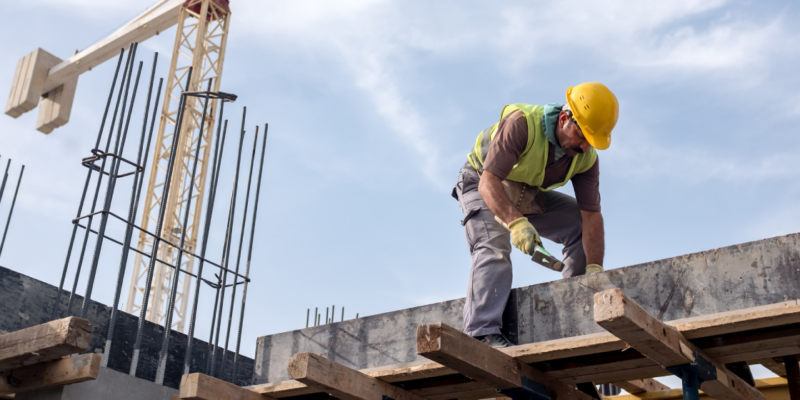Commercial construction contractors play a pivotal role in the development and execution of large-scale building projects. These professionals are responsible for overseeing the construction of commercial properties, such as office buildings, shopping centers, industrial facilities, hotels, and more. Their work is complex, requiring a mix of technical expertise, management skills, and industry knowledge.
Roles and Responsibilities
One of the primary responsibilities of a commercial construction contractor is project management. They are involved from the planning phase through to the completion of the project, ensuring that every aspect of the construction meets specified standards. They coordinate with architects, engineers, and designers to interpret plans, acquire permits, and comply with building regulations.
Commercial contractors also manage budgets and timelines. They develop cost estimates, source materials, and hire subcontractors, such as electricians, plumbers, and HVAC specialists. Their role involves strict adherence to deadlines, ensuring that the project stays on schedule and within budget. Effective cost control and procurement of materials are key to maintaining profitability and preventing costly delays.
Compliance and Safety
Ensuring safety on-site is another critical responsibility. Commercial construction projects must comply with numerous safety regulations, such as OSHA guidelines, to prevent accidents and injuries. Contractors must create a safe working environment for all personnel, which involves implementing safety protocols, training workers, and conducting regular inspections.
Furthermore, commercial contractors ensure that the building adheres to local zoning laws, environmental regulations, and other legal requirements. This ensures that the final structure is not only safe for use but also sustainable and environmentally friendly.
Collaboration and Communication
Collaboration is a hallmark of commercial construction contractors. They act as the central point of contact for all stakeholders, including property owners, financial institutions, local authorities, and subcontractors. Effective communication ensures that everyone involved in the project is aware of progress, changes, or potential issues, minimizing miscommunication and errors.
Final Handover and Post-Construction
Once the project is complete, commercial construction contractors are responsible for conducting a final inspection, ensuring the building is up to code and all contractual obligations are met. This phase may also include warranty services, maintenance, and post-construction support.
In conclusion, commercial construction contractors are vital in transforming architectural designs into functional, safe, and legally compliant structures. Their expertise in project management, safety compliance, and collaboration ensures that large-scale construction projects are completed successfully.
